Sonya da Costa is a young entrepreneur from Dili, Timor-Leste. After beginning her career as a barista at a popular café in Dili, in 2017 she applied for and won a place on Australia’s Seasonal Worker Programme. While in Australia she used some of her earnings to buy a coffee machine and on her return used it to start a business, the ‘Wake Up’ café in Dili. Her enthusiasm for youth-run small business as an engine for employment creation is influenced by her involvement with the UNDP-supported Knua Juventude Fila Liman (Young Entrepreneur Centre). The Centre’s aim is to ‘transform idle youth to become change-makers and social innovators through leadership and entrepreneurship, tackling challenges and seizing opportunities’.
In this essay Sonya draws on her experiences and presents some thoughts on the opportunities and challenges facing young entrepreneurs in Dili.
Timor-Leste is a young nation. Some 74% of the population is under 35 years old. Although we have mineral wealth and potential in terms of tourism and agriculture, developing these riches requires creativity and innovative new ideas. There are many people, especially young people, in Timor-Leste today who would like to experiment with starting a business as a way of contributing to the development of their nation and communities.
The business environment in Timor-Leste is difficult. One reason for this is the increasing presence of Chinese interests, who have the money, knowledge and experience to dominate the market. In my opinion protectionism is not the answer to this, just the opposite. Timor-Leste must adopt a better free-market system, that is to say one in which there are legal protections and a clear path for foreigners who would like to invest here. Only in this way can an environment be created where young people with entrepreneurial spirit can fully realise their initiative and gain the skills they need to be competitive.
The country has many problems that its government has not yet been able to resolve. We might say that development is proceeding step-by-step, and it’s not there yet. A particular problem is unemployment. The official rate is supposed to be something like 11%, but many young people feel it must be higher. There are so many people without employment. Some of them end up using Portuguese passports to go to England and work there. Others go to Australia or South Korea as part of government programs. These are all great opportunities for young people to build their own ideas and funds, both of which they can put to good use by starting businesses and creating work for themselves and their friends when they return.
I can speak from personal experience how difficult it can be to start a business in Timor. In 2018 I started a business, the Wake Up café, with the money I saved on the Seasonal Worker Programme. It cost me much of the money I had earned during my time working in Australia, and there were moments when I wasn’t sure if it was a good idea. In the end I just had to strengthen myself, be open to learning new things and trust in my own dreams.
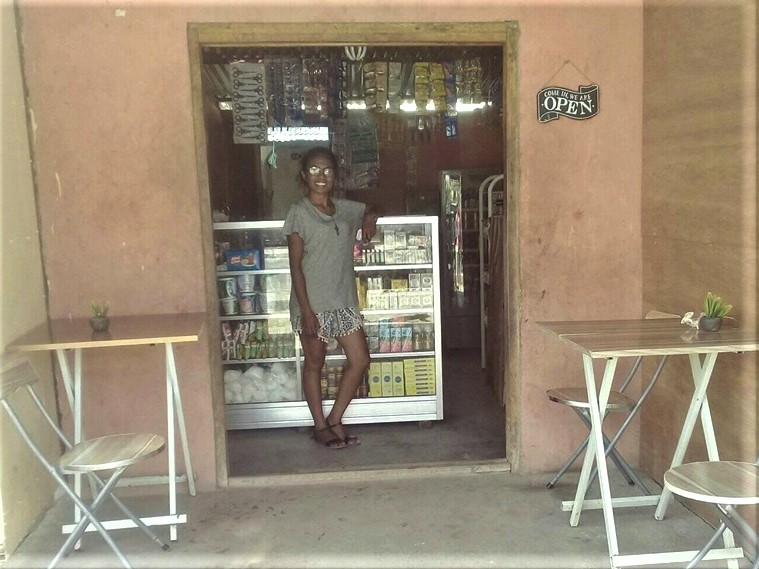
Of course even after the café opened there were still some challenges. Renting in a good location (near the beach, but away from the main part of the city) was very expensive, and although it was popular – especially with young people on the weekends – sometimes business was slow during the week. There was also the challenge of competition. Dili now has many good cafes, including a lot run by young people like me, but only a limited number of people can afford to spend money on going out to buy a coffee. In late 2019 I was fortunate to win a position working in Australia for three years with the Pacific Labour Scheme, and so the café has been moved to a small shop run by my family in another part of Dili. They will look after the coffee machine and other equipment until I return from Australia, and then we will see what happens.
In my experience, some of the obstacles that young people who wish to start a business in Timor-Leste encounter include:
- Complex registration: it’s hard to find, fill out, lodge and gain approval for all the forms that are required to start a business.
- Lack of technical support: many young people have ideas for a business but have no clear idea of how to develop it or have no access to good advice.
- Lack of funds: many would-be entrepreneurs have good ideas, but not the money to make them a reality.
- Lack of access to real estate: often young people start off in business but can’t afford the enormous rent needed to set up in a good location.
- Lack of support: a young person might have brilliant ideas but without the support of family, friends and the community it will be very hard for them to realise it.
On the other hand, business-minded young people do have access to some things that can help them overcome these obstacles.
- The UNDP supported Knua Juventude Fila-Liman (Young Entrepreneur Centre) is a great resource and provides advice, working space and a supportive community to young people in developing their business ideas.
- Programs that give people opportunities to work abroad can also be a great way to get business ideas and raise start-up capital.
- There are various NGO and government initiatives around such as IADE (the Business Development Institute) that sometimes run competitions through which young people can win funding to implement their business ideas.
- Many young people also find that social media is a great resource and use it to learn about business ideas that people have tried overseas that they might be able to adapt to a Timorese context.
There are many reasons for creating an environment that is supportive of young people starting their own businesses. Aside from making them less reliant on the government and their families, a healthy private sector – in which domestic entrepreneurs benefit from, rather than are suffocated by, the presence of foreign investors – would eventually also be a source of tax revenue. Many people in Timor-Leste today have the potential to become entrepreneurs. The question is whether they will get the support they need to do so.

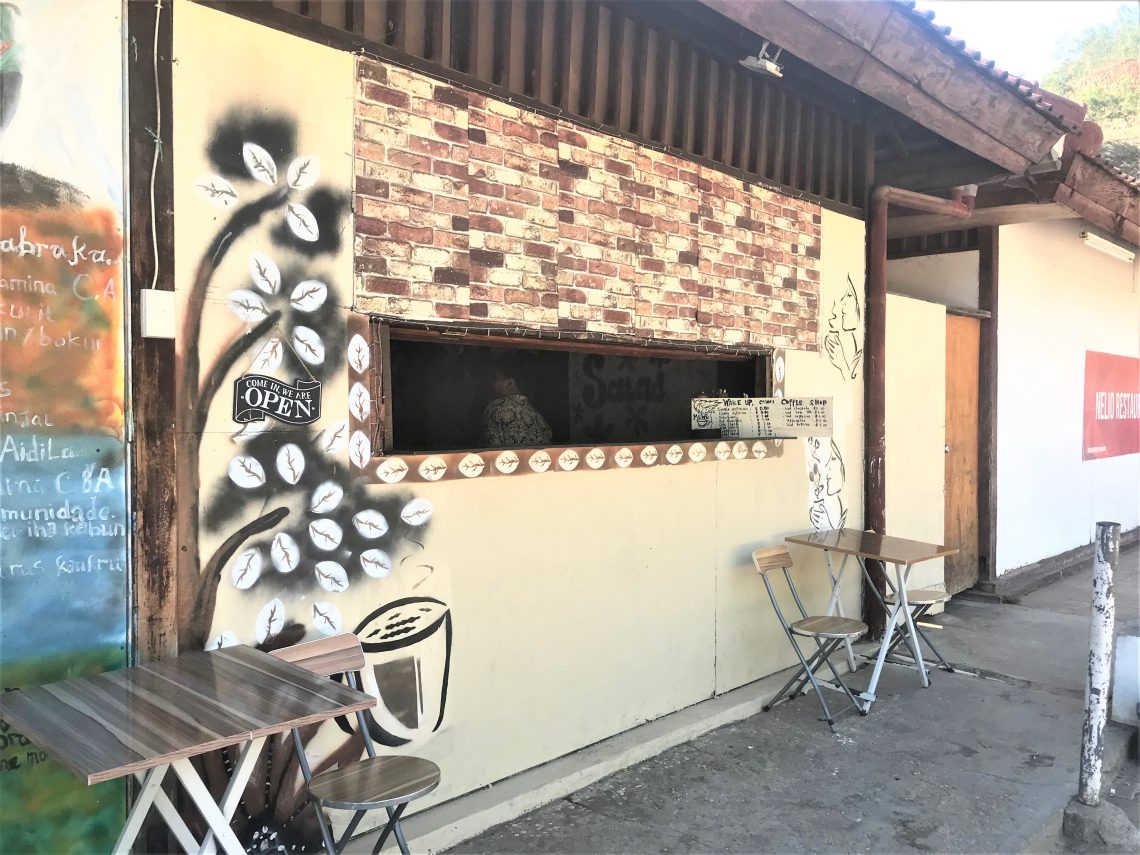
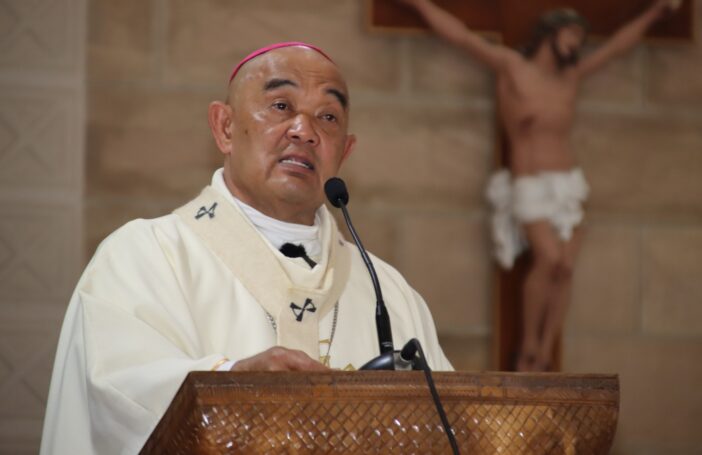
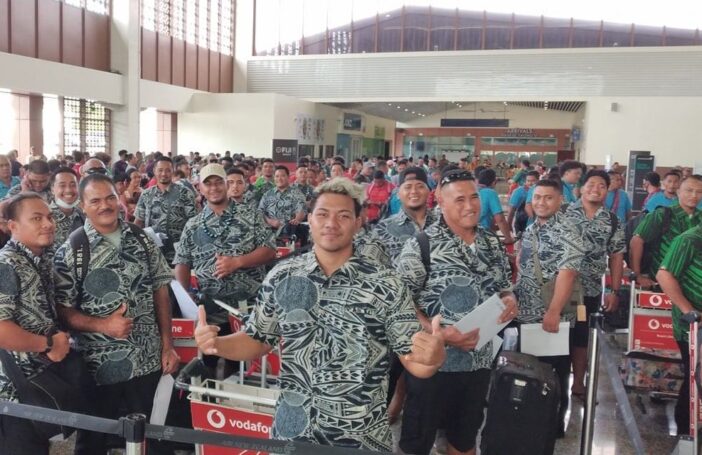
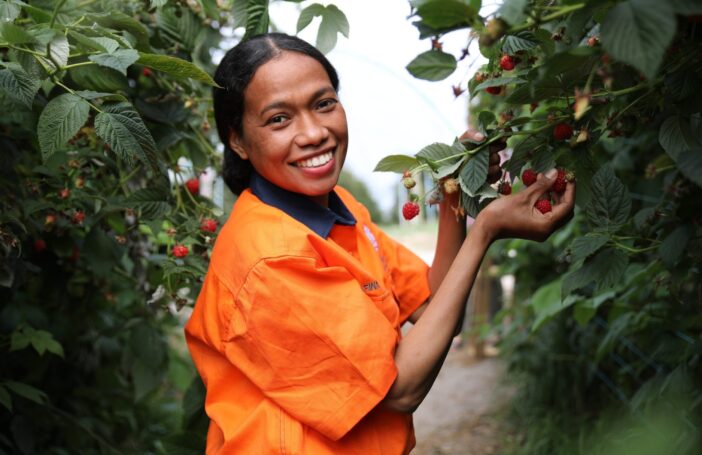

Nice blog and it’s very inspiring.
Hullo Sonya Congratulation and it’s very Inspiring.
God Bless
Great article and good on you Sonya for having the determination and you will be an inspiration to other young people. 😊
Hi Sonya, I have marvellous memories of staying in your father’s house, playing with your family. (Are the girls still knitting?) Great to hear of your achievements and the begining your business journey. Good luck Sonya
Thanks Sonya for your excellent article. Your perspective as a young entrepreneur yourself is very valuable. In reading about some of the difficulties you faced (and still face) getting your ideas and business operating, I hope decision makers in government and elsewhere take note so that your dreams and those of thousands of other young Timorese are more easily realized.
All the best and thanks again for your inspiring writing.
Hugh Collett